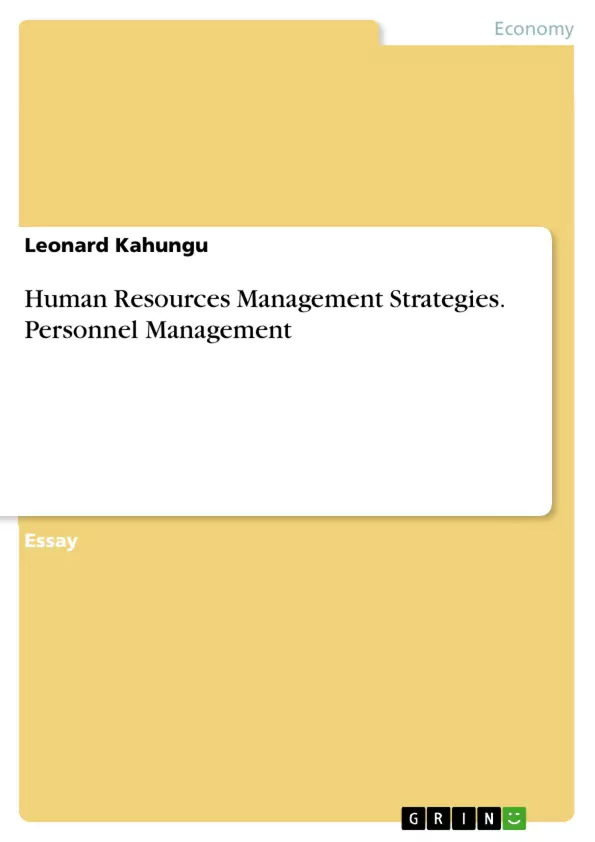Over the last few decades, Singapore Airlines Limited (SIA) has managed to maintain its core competence and acquire a global status due to its competitive packages offered to the consumers. SIA has been in a position to design and execute strategic business level plans such as efficient operations, excellence services delivery, innovations and the alignment of functional approaches, especially in the human resources. With over 62 destinations in the five continents, SIA plans to make Singapore a regional and global hub for the aviation industry. Therefore, the primary aim of the report is to develop appropriate personnel management strategies that include job analysis, design, recruitment, and implementation techniques in attempts to fulfill the staffing needs to achieve higher performance efficiency.
Table of Contents
- Job Analysis
- Job Specification
- Job Specifications
- Job Design
Objectives and Key Themes
The primary goal of this report is to develop effective human resources management strategies for Singapore Airlines (SIA) that address the specific needs of the air cabin crew department. The report explores strategies for job analysis, design, recruitment, and implementation, aiming to optimize staffing efficiency and performance.
- Job Analysis and Specification for Air Cabin Crew
- Recruitment and Selection Strategies for Flight Attendants
- Job Design Principles to Enhance Efficiency and Mental Wellbeing
- Importance of Effective Communication and Performance Evaluation
- Strategies for Employee Motivation and Professional Development
Chapter Summaries
Job Analysis
This chapter delves into the job analysis of the air cabin crew department at SIA. It outlines the key responsibilities, qualifications, and working conditions for flight attendants, highlighting their crucial role in passenger safety, comfort, and satisfaction.
Job Specification
This section focuses on the specific requirements for flight attendants at SIA, including age, height, educational qualifications, language proficiency, and essential skills. It emphasizes the need to recruit qualified individuals who can meet the demands of the role.
Job Design
This chapter explores job design principles as applied to SIA's air cabin crew. It discusses strategies for enhancing efficiency through team formation, communication, and performance evaluation. It also emphasizes the importance of addressing mental wellbeing through counseling and support systems.
Keywords
The primary keywords and focus topics of this text include human resources management, job analysis, job design, recruitment, selection, air cabin crew, flight attendants, Singapore Airlines, efficiency, mental wellbeing, performance evaluation, communication, and professional development.
Frequently Asked Questions
What is the focus of Singapore Airlines' HR strategy?
SIA focuses on aligning human resources with strategic business goals, emphasizing service excellence, innovation, and efficient operations to maintain its global status as a leading airline.
What are the key components of job analysis for cabin crew?
Job analysis for SIA cabin crew involves defining responsibilities for passenger safety, comfort, and service, as well as outlining qualifications like educational background, language skills, and physical requirements.
How does SIA approach job design for its employees?
Job design at SIA aims to enhance efficiency and mental wellbeing through effective team formation, clear communication channels, and robust performance evaluation systems.
What recruitment criteria are essential for SIA flight attendants?
Recruitment criteria include specific age and height requirements, high educational qualifications, proficiency in multiple languages, and strong interpersonal skills suitable for international service.
Why is mental wellbeing highlighted in the report?
Given the high-pressure nature of aviation, SIA emphasizes mental wellbeing by providing counseling and support systems to ensure staff can maintain high performance and job satisfaction.
- Quote paper
- Leonard Kahungu (Author), 2017, Human Resources Management Strategies. Personnel Management, Munich, GRIN Verlag, https://www.grin.com/document/368344



